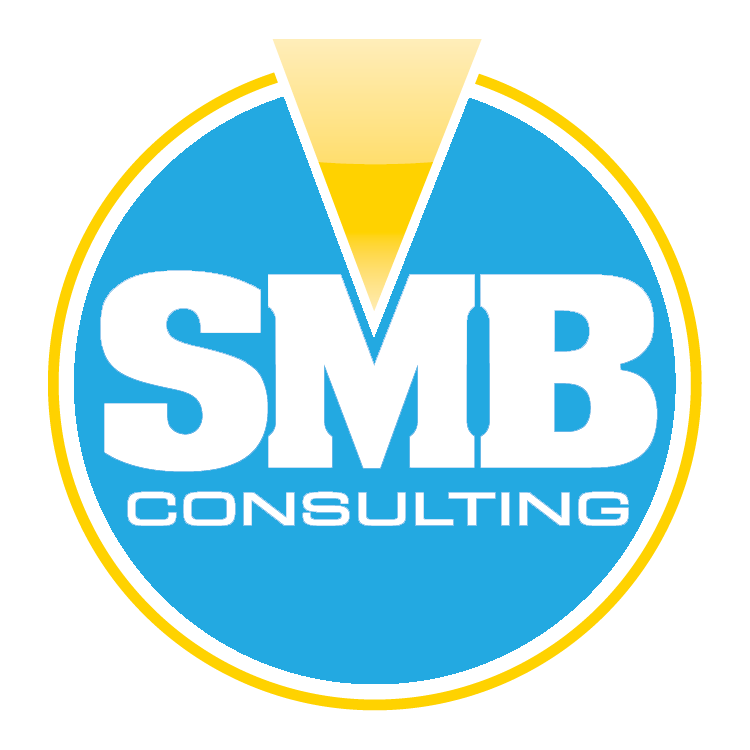Business Growth Strategies Part 1: New Business Profiling & Data
Every business needs to grow. Yet this universal truth is often approached with varying levels of competence. Few businesses have a realistic growth strategy in place, and even those that do rarely follow through their efforts or stick at them for the long run.
But somewhat surprisingly there are numerous strategies available to owners and managers of businesses seeking growth. For example businesses can seek to expand sales turnover and profitability through looking at existing or new products or services, their existing customer base, or potential new customers.
This article starts the process by showing you how examining your existing customers can provide the key to unlocking new business. Profiling Your Existing Customers Often, the first step in identifying new customers is to start with the old. Take a look at your existing customer database in detail. For a b2c consumer database use analysis tools like geodemographic profiling to identify the most common lifestyle groups amongst your customers, and then group consumers by location to identify geographic hotspots.
In the b2b environment, you may need to look at which trade customers are actually the most active. Analyse turnover by customer for the last 12 months, and see if your customer base adheres to Pareto’s Principle – that 20% of your customers will generate 80% of your sales, and even your profits. It’s surprising just how often this rule applies, and it enables you to identify the key b2b customers, and then discover more about them. Find out why they buy, where they are based, when they buy and what industry sectors they are from.
Once you’ve carried out this research in either a b2b or b2c market, you can then profile your ideal type of customer. This is who you will then go out to find more of.
Sources of New Business Data Armed with your target customer profile (or profiles) try to identify sources of these new business prospects. As your research has been based on data, the best place to start is by buying in or renting more databases to match your profile. Work with a reputable list supplier or provider, with experience in either b2b or b2c. They can take your profiles and help you build a bespoke database of new prospects that matches your needs.
Avoid cheap lists for sale on CD ROM’s as the data is likely to be out of date, and inaccurate. The money you may have saved in buying the list, will be far outweighed by the costly wastage you experience when you mail your list.
Try and invest in purchasing a list for multiple use, which you can garget on an ongoing basis as part of a longer term business development strategy. All too often businesses carry out just one mailing and then leave it at that – without realising that the majority of new prospects will need contacting more than once before deciding to buy from you.
Once you’ve obtained a quality list that closely matches the profile of your best existing customers, much of the guesswork has already been taken out of your new business development strategy.
Steve Sellwood is from www.selectabase.co.uk, an independent UK provider of b2b and b2c lists and databases for use in new business development. Selectabase also provides a range of data cleansing services for your existing customer database, including free Easycheck data cleansing software which can even carry out geodemographic profiling by postcode.
